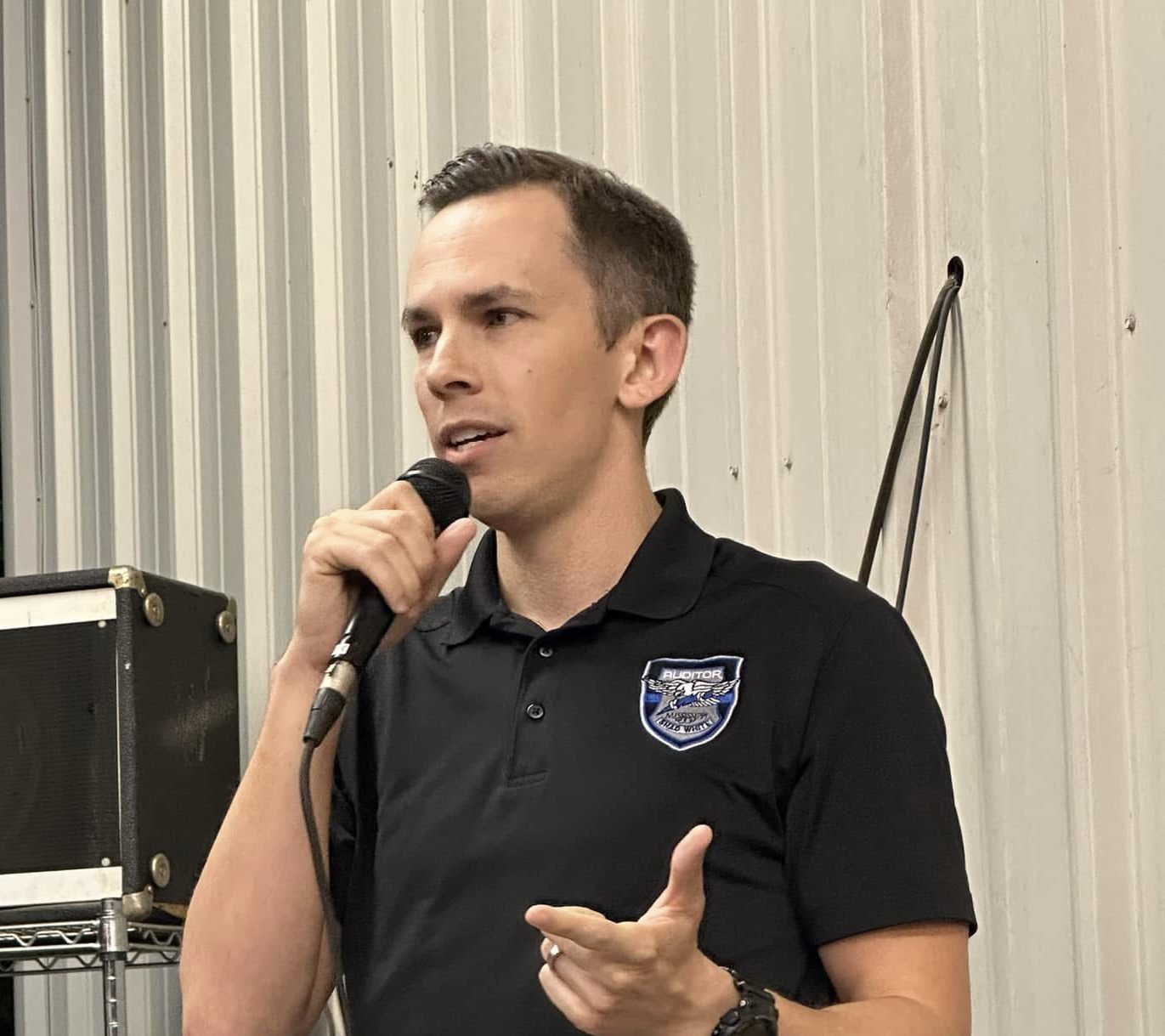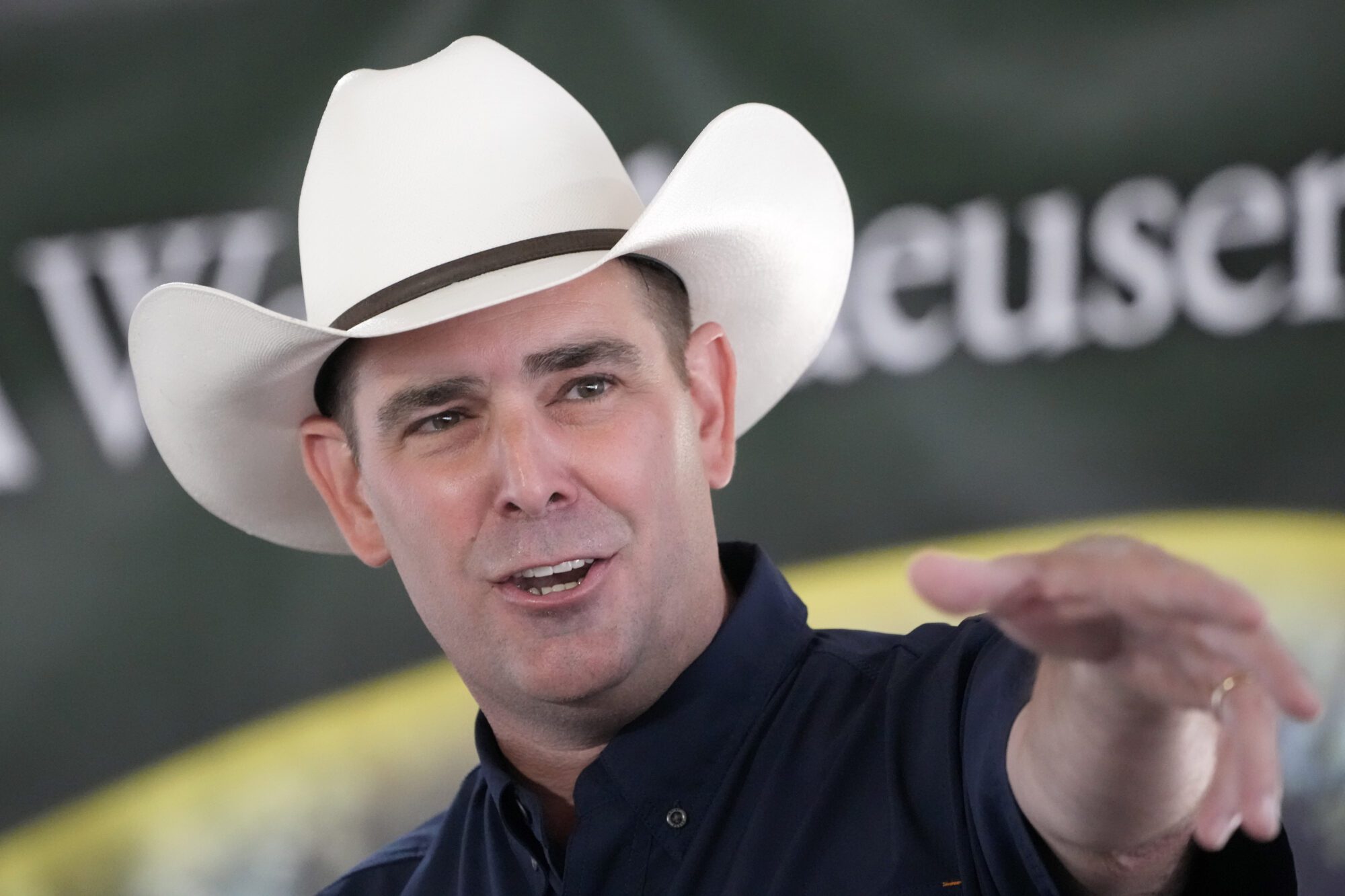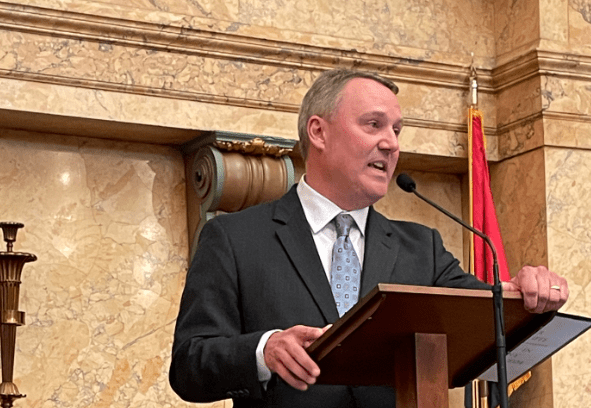
While Mississippi’s unemployment rate is extremely low, the number of people sitting on the sideline is extremely high. For the state to reach its full potential, some of the people in the back of the wagon have to get out and help pull.
COVID introduced into the American vocabulary the concept of essential and non-essential workers.
But even before the coronavirus pandemic, many Americans succumbed to the flawed idea that some jobs were worthy of honor, while others were menial. Worse, a growing segment of Americans have come to view work as an unnecessary hustle.
All workers are essential because work, itself, is essential to human wellbeing. Work allows people to take care of themselves and their families. Work frees people to improve the lives of others by providing valuable goods, services, and charity. But perhaps most importantly, work provides an outlet for people to hone and use their knowledge, skill, and determination to realize a sense of self-worth.
This desire to accomplish something meaningful is deeply ingrained in the human heart. People need to be needed. Unfortunately, so much of modern public policy revolves around the unspoken assumption that there is a segment of our society that must be taken care of, because they are otherwise incapable of contributing to their own wellbeing.
This kind of deficiency mindset–that treats people as wards of the state instead of as contributors to society–places an artificial restraint on human potential. It also cripples economic growth. Unfortunately, it is endemic in certain circles in Mississippi and it shows.
The unemployment rate refers to the percentage of people looking for jobs that have not found one. Mississippi’s unemployment rate fell to 3.1 percent in June. That’s a good thing that deserves recognition.
The labor force participation rate measures the number of people over the age of 16 who are employed. Unlike the standard unemployment rate, it shows how many people are sitting on the sideline.
At 54.5 percent, Mississippi’s labor force participation rate is the worst in the country. There are fewer people pulling the wagon here than in any other state.
On the flip side, Mississippi’s disability rate–the percentage of people who claim they are unable to work for health reasons–is 41 percent higher than national average.
These are not a new problem. Our state’s labor force participation rate peaked in the early 1990s and has been ticking down since. Over the last decade, it “stabilized” in the current range.
For decades now, Mississippi has relied heavily on federal dollars to survive. This is true not only of our state and local government, but of our citizens. This aid has served as a salve on the wounds of poverty, but it has done little to heal those wounds and create new opportunity.
We are capable of more as a state and as a people. Mississippians have the power to control our own destiny if we tear down institutional obstacles. Every Mississippian has potential. It starts with a mental shift, where we see each other, regardless of current station or background, as contributors to the future success of our state.
Seeing one another this way requires that we set expectations higher at the same time we honestly assess both the tools available and stumbling blocks before us.
Lawmakers have enacted positive tax reforms in recent years that should help to improve our economy over time, though they have come up short on the kind of boldness that would make us competitive with the fastest growing states. Eliminating the income tax would certainly have been bold, but Gov. Tate Reeves’ and Speaker Philip Gunn’s push hit a brick wall.
Lawmakers have paid big lip service to reducing regulatory burden and have implemented small changes along the way. But Mississippi remains one of the most regulated states in the Southeast, and is largely protectionist against economic innovations. Look no further than the decision to prevent direct sales of electric vehicles this past session.
Lawmakers have invested in education, though they remain reticent to empower parents with more options. Beyond formative education, renewed emphasis has been placed on work force development.
But the truth is that freer tax and regulatory policy, or larger investments in education and work force development, are, by themselves, probably not enough. Mississippi will never realize its potential until we can figure out how to move people from the back of the wagon to help pull.
We need to catch a glimpse of what our state could be if every person did their part. We need to communicate to every person that they are not a passenger, but are essential to the state’s long term success.










